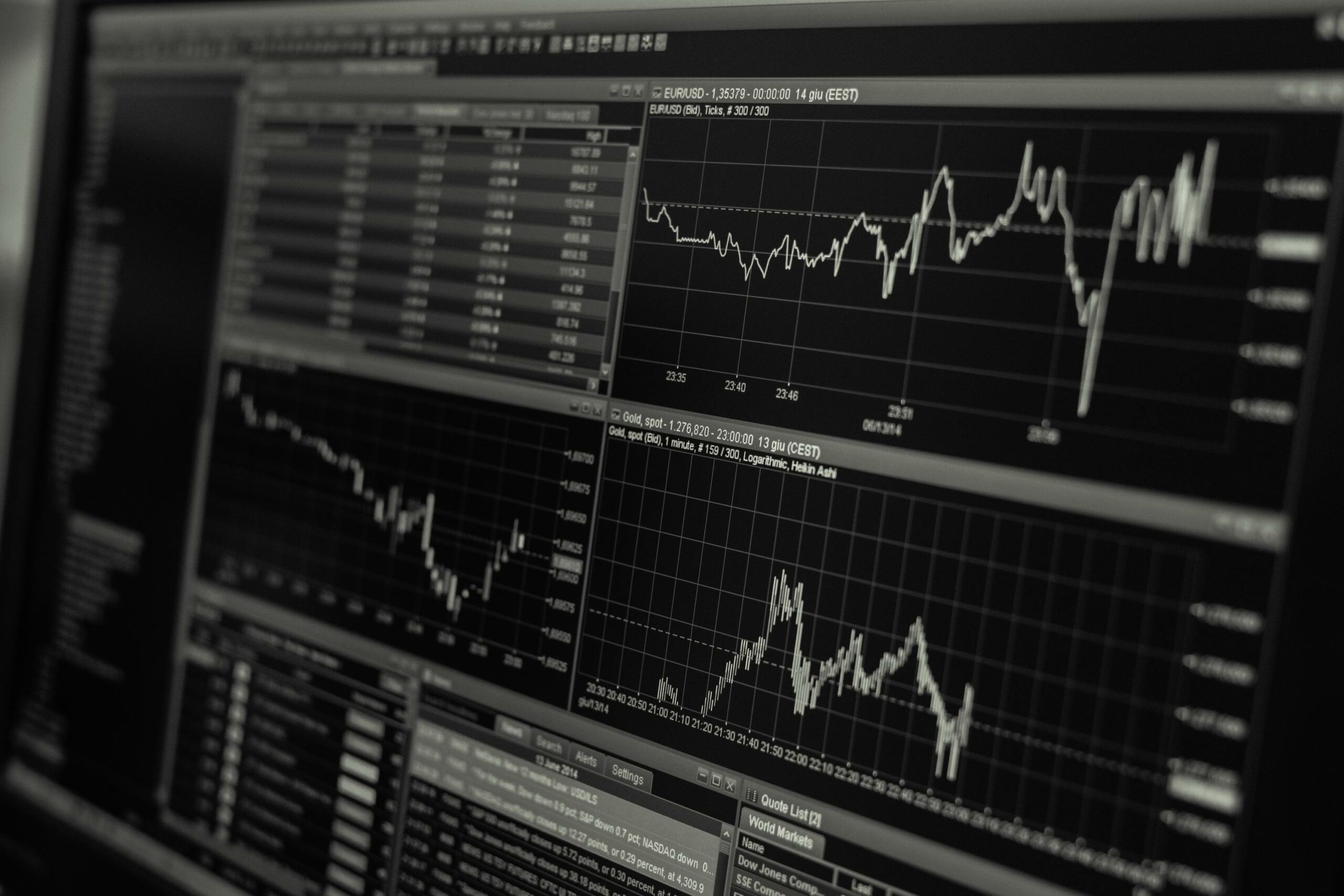Any links to online stores should be assumed to be affiliates. The company or PR agency provides all or most review samples. They have no control over my content, and I provide my honest opinion.
*Warning – All trading has an element of risk and you should only trade what you can afford to lose. CFDs have the potential to backfire and place you in more debt than you can afford*
Contract for Difference is a popular market instrument. It allows you to earn profits from the price difference of a certain commodity and demands a smaller investment than buying stock would typically demand.
CFD — Simpler than ABC
A Contract for Difference or CFD Forex is like an agreement. You, aka buyer and a broker, aka seller, agree to make a “bet”. This bet is the following: if a price of a certain commodity changes on a certain date in the future, you will earn the difference.
Let’s say, there’s a cocoa CFD. You can make a bet that its price will go up or down. And there will be a deadline, by which your CFD “expires”. That means, if your prediction was correct, you will get the price difference on that day.
But you can also put a CFD up for sale. It can be sold before that X-date, but it needs to show rise or decrease according to your prediction. For instance, if you bet that cocoa will cost $80 on June 17th, you can sell the CFD on June 10th at a $72 price.
Why Is It Profitable?
The great thing about CFD is that you don’t have to own the actual commodity or stock. You just make predictions about their future costs. Therefore, you can access crude oil, gold or Apple shares at a cheaper price.
Other benefits are:
- High Leverage. The CFD market offers a higher leverage (borrowed funds) than traditional market: 30:1.
- Shorting. You can short basically without limitations because you don’t possess commodities.
- Global market. Every major marketplace — from NASDAQ to Deutsche Börse — is available for CFD trading.
- Smaller trading fees. Their amount differs from case to case: the overall fees depend on the type of contracts, your strategy and also on the broker’s policy. But mostly you have to pay the spread.
- Classic tools. You can set limits, use stops and apply other classic order types when trading CFD.
And the best part: there are no strict capital requirements for CFD trading. Unlike conservative markets that set a minimum deposit requirement (at least $5,000-10,000).
There are various CFD types: oil, natural gas, precious metals, indexes, foreign currency, treasury bonds, and so forth. So, you can easily design an individual strategy using all these tools and assets.
Future with the Future Contracts
Interestingly, in 2020 CFD saw a surge in popularity. That’s because when the markets get too volatile and stormy, you still can make money from them.
Just don’t get too greedy and place stops even if it costs extra. The problem is, you can get into debt if the CFDs price hits too low.
A similar situation occurred in February 2020, when many traders went bankrupt and even got in the red because of an oil war. So, before trading CFDs, you need to find a trustworthy broker and study the market closely.
I am James, a UK-based tech enthusiast and the Editor and Owner of Mighty Gadget, which I’ve proudly run since 2007. Passionate about all things technology, my expertise spans from computers and networking to mobile, wearables, and smart home devices.
As a fitness fanatic who loves running and cycling, I also have a keen interest in fitness-related technology, and I take every opportunity to cover this niche on my blog. My diverse interests allow me to bring a unique perspective to tech blogging, merging lifestyle, fitness, and the latest tech trends.
In my academic pursuits, I earned a BSc in Information Systems Design from UCLAN, before advancing my learning with a Master’s Degree in Computing. This advanced study also included Cisco CCNA accreditation, further demonstrating my commitment to understanding and staying ahead of the technology curve.
I’m proud to share that Vuelio has consistently ranked Mighty Gadget as one of the top technology blogs in the UK. With my dedication to technology and drive to share my insights, I aim to continue providing my readers with engaging and informative content.







